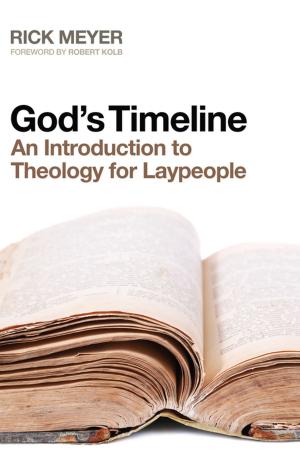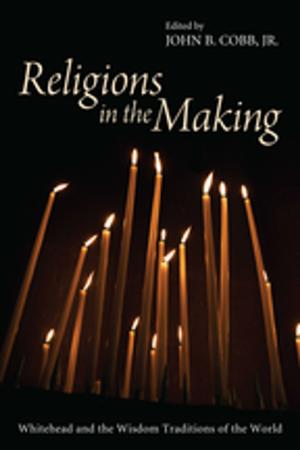| Author: | Marty Alan Michelson | ISBN: | 9781630876449 |
| Publisher: | Wipf and Stock Publishers | Publication: | May 13, 2011 |
| Imprint: | Pickwick Publications | Language: | English |
| Author: | Marty Alan Michelson |
| ISBN: | 9781630876449 |
| Publisher: | Wipf and Stock Publishers |
| Publication: | May 13, 2011 |
| Imprint: | Pickwick Publications |
| Language: | English |
The Hebrew Bible preeminently hails King David in narratives of kingship. Israel's first king, Saul, is interpreted as a weak king whose failings contrast with David's success. Reading the stories at the end of Judges and early in 1 Samuel, Reconciling Violence and Kingship demonstrates the significance of Saul and the inauguration of monarchy independent of and preceding David's kingship. Attuned to issues of mimetic rivalry and sacrifice extending from Abimelech in Judges, Michelson argues that Saul's kingship is uniquely important in establishing the person of the king, inaugurated in order to minimize violence through sacrifice. Read in this way, Saul is not a failed king, but is truly Israel's predominant king. Israelite monarchy emerges with Saul alongside emerging practices of the sacrificial cult.
The Hebrew Bible preeminently hails King David in narratives of kingship. Israel's first king, Saul, is interpreted as a weak king whose failings contrast with David's success. Reading the stories at the end of Judges and early in 1 Samuel, Reconciling Violence and Kingship demonstrates the significance of Saul and the inauguration of monarchy independent of and preceding David's kingship. Attuned to issues of mimetic rivalry and sacrifice extending from Abimelech in Judges, Michelson argues that Saul's kingship is uniquely important in establishing the person of the king, inaugurated in order to minimize violence through sacrifice. Read in this way, Saul is not a failed king, but is truly Israel's predominant king. Israelite monarchy emerges with Saul alongside emerging practices of the sacrificial cult.















